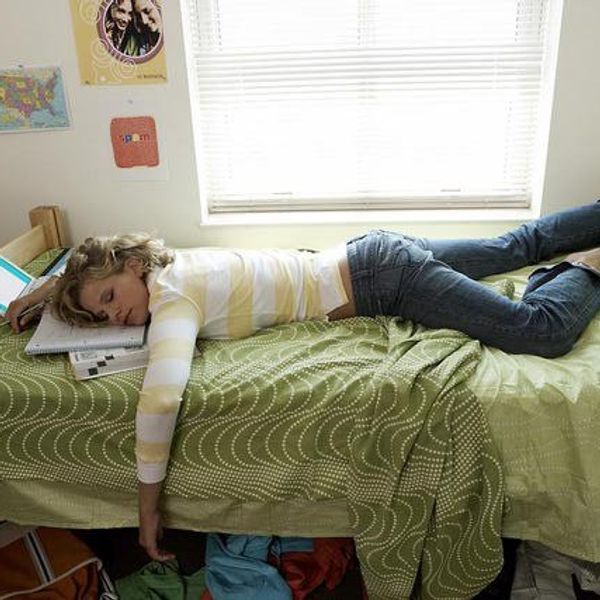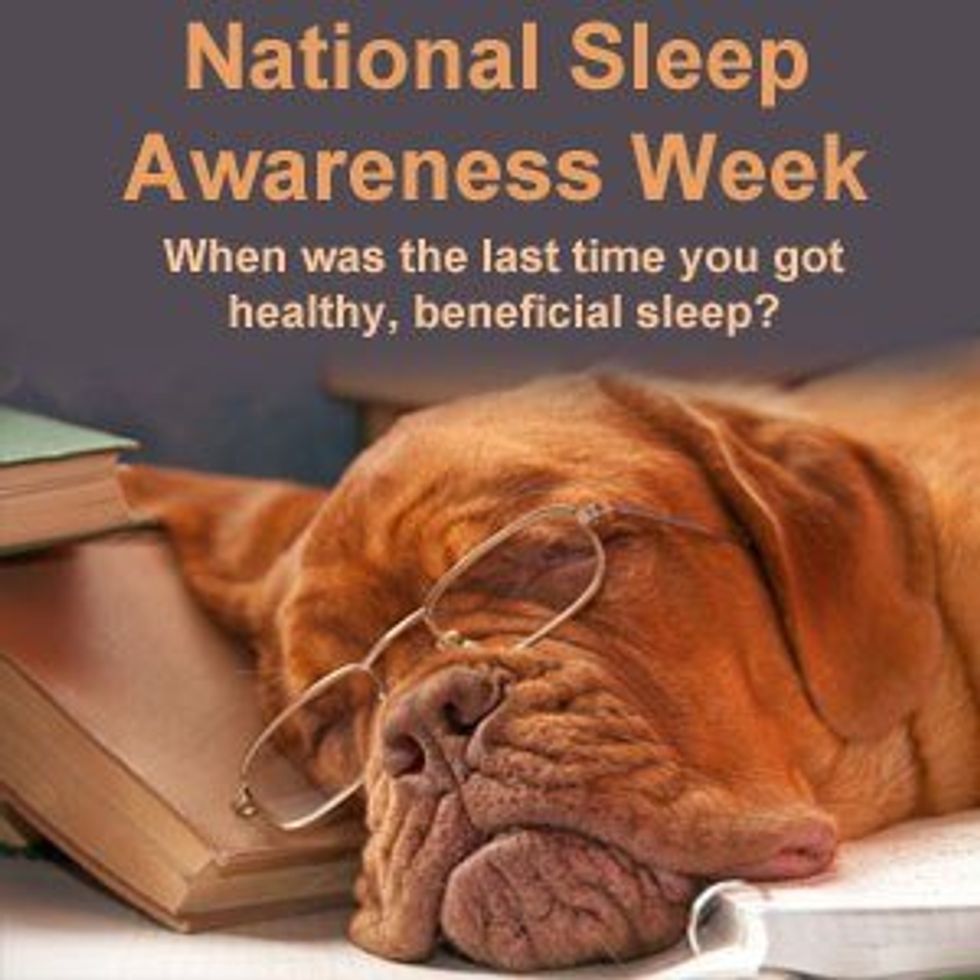Sleep: As a college student, sleep is one of the most important parts of my day and something that is often overlooked by professors when deciding how many readings and assignments the average student should receive.
The National Sleep Foundation has named the week of March 6 through March 13 as Sleep Awareness week. Ironically, this will also be week teen for those of us on the quarter system, right before finals week. Generally. this is a hectic time in which students are pulling late hours cramming, binging on coffee and frantically trying to pull their academic lives together.
In today’s society, life is fast paced and the world moves so fast that if you blink you’ll miss something, let alone sleeping away what is considered a healthy amount of time each day. According to the National Sleep Foundation, college students, or young adults from ages 18 to 25, should be getting 7 to 9 hours of sleep every night to be considered healthy.
However, for most college students, this simple way of having a healthier lifestyle is unattainable. While the purpose of college is to learn and work towards a degree, when assigning a workload to students, professors do not take into account that students have jobs to pay for college, that they participate in a sport, that they are part of an organization on campus, that they volunteer regularly, that they have family obligations, that they have to commute a few hours to get to and from school, that they have lives apart from school. And that they are willing to sacrifice sleep in order to fulfill these needs in addition to staying on top of academic work.
Multiple obligations combined with school leads to stress. Stress is also a huge part of student lives, and is a major contributor to sleep loss. So students are living in a system that essentially perpetuates sleep deprivation. Even assuming that a student will somehow have perfect time management and knows how to plan and balance class, school work and other obligations, it is safe to guess that they would like to have some semblance of a social life while they are in their "fun college years." This also fails to account for when the poor soul would have time to eat a meal and cook a meal if they want to make it a healthy one. If you happen to be one of the lucky few who has the time and drive to use National Sleep Awareness Week to try to fix sleep habits or, like the rest of us, if you’re at your wits end and need some sleep, you can follow the #7Days4BetterSleep to find out more about healthy sleep habits from the National Sleep Foundation.
Ironically enough I am writing this article at almost 1 a.m., trying to plan when I am going to be able to study for finals next week, not when I can get in some extra rest. My roommate will be back from four hour dance practice soon, and most of the rest of the roommates are awake doing homework in the living room while watching TV.
But now I guess I should go to sleep.





















